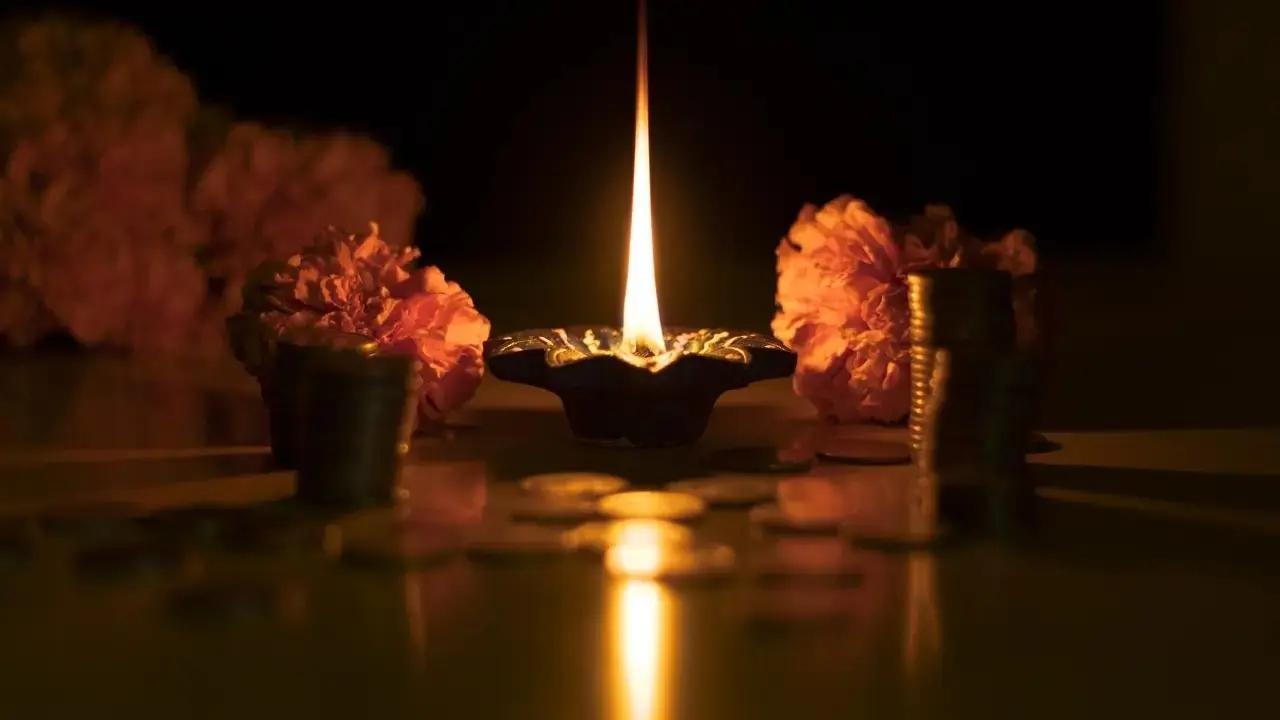Diwali, also known as Deepavali, is one of the most vibrant and significant festivals celebrated in India and various parts of the world

Representational Pic/iStock
Diwali, also known as Deepavali, is one of the most vibrant and significant festivals celebrated in India and various parts of the world. Derived from the Sanskrit words "Deepa" (lamp or light) and "Avali" (row), Diwali is often referred to as the "Festival of Lights," symbolizing the victory of light over darkness and good over evil.
The festival spans five days, with each day holding its own set of customs and traditions. Diwali usually falls in October or November, depending on the Hindu lunar calendar. The preparations for Diwali commence well in advance, creating an atmosphere of excitement and anticipation.
The significance of Diwali is deeply rooted in Hindu mythology, with various legends associated with the festival. One of the most famous narratives is the return of Lord Rama to Ayodhya after his triumph over the demon king Ravana. The people of Ayodhya welcomed Lord Rama by lighting rows of lamps, and this tradition continues today, as families illuminate their homes with diyas (oil lamps) and colorful lights.
The festival's essence lies in the lighting of lamps, candles, and decorative lights, transforming the surroundings into a spectacle of brilliance. The radiance symbolizes the dispelling of darkness and the victory of righteousness. Houses are cleaned and decorated with rangoli (colorful patterns made with colored powders), flowers, and vibrant decorations, creating a festive and joyous atmosphere.
Goddess Lakshmi, the deity of wealth and prosperity, is worshipped during Diwali. Devotees believe that on this auspicious day, Goddess Lakshmi enters homes that are clean and well-lit, bringing prosperity and good fortune. Hence, people perform puja (prayers) to seek her blessings, often accompanied by the exchange of gifts and sweets among family and friends.
Also read: Narak Chaturdashi 2023: History and significance of the festival
The celebration of Diwali extends beyond religious boundaries. It is a time when people of different faiths come together to celebrate the triumph of good over evil and the shared values of joy, unity, and compassion. The festival fosters a sense of community as people visit each other's homes, exchange greetings, and partake in festive meals.
In addition to the spiritual and cultural significance, Diwali holds economic importance as well. It is a time when businesses and markets thrive due to increased consumer spending on gifts, clothing, and decorations. The festival also marks the beginning of the Hindu fiscal year in some regions.
Diwali is not only celebrated by Hindus but also by Jains, Sikhs, and people of various other communities. For Jains, it commemorates Lord Mahavira's attainment of nirvana, while Sikhs celebrate Diwali as Bandi Chhor Divas, marking the release of Guru Hargobind Ji from imprisonment.
In conclusion, Diwali is a celebration that encapsulates the essence of joy, light, and goodwill. It transcends religious and cultural boundaries, bringing people together in the spirit of festivity and shared values. The festival's message of triumph over darkness and the pursuit of righteousness continues to resonate, making Diwali a cherished and universally celebrated occasion.
 Subscribe today by clicking the link and stay updated with the latest news!" Click here!
Subscribe today by clicking the link and stay updated with the latest news!" Click here!








